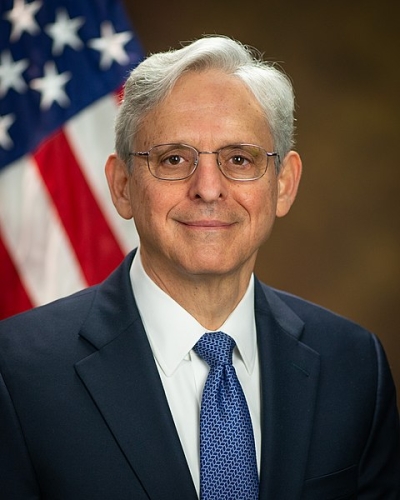The Department of Justice
Mission
The mission of the Department of Justice (DOJ) is to uphold the rule of law, to keep our country safe, and to protect civil rights.
Values
Independence and Impartiality. The Justice Department works each day to earn the public’s trust by following the facts and the law wherever they may lead, without prejudice or improper influence.
Honesty and Integrity. The Justice Department’s employees adhere to the highest standards of ethical behavior, mindful that, as public servants, we must work to earn the trust of, and inspire confidence in, the public we serve.
Respect. The Justice Department’s employees value differences in people and in ideas and treat everyone with fairness, dignity, and compassion.
Excellence. The Justice Department works every day to provide the highest levels of service to the American people and to be a responsible steward of the taxpayers’ dollars.
To learn more about the DOJ, visit https://www.justice.gov/about

United States Attorney’s Offices
Charged with ensuring “that the laws be faithfully executed,” the 93 United States Attorneys work to enforce federal laws throughout the country. The President appoints a United States Attorney to each of the 94 federal districts (Guam and the Northern Mariana Islands are separate districts but share a United States Attorney). Each United States Attorney is the chief federal law enforcement officer within his or her particular jurisdiction.
United States Attorneys’ Offices conduct most of the court-connected litigation and trial work in which the United States is a party. The United States Attorneys have three statutory responsibilities under Title 28, United States Code, Section 507: the prosecution of criminal cases brought by the federal government; the prosecution and defense of civil cases in which the United States is a party (or has an interest); and the collection of debts owed to the federal government which are administratively uncollectible.

 U.S. Department
of Justice
U.S. Department
of Justice